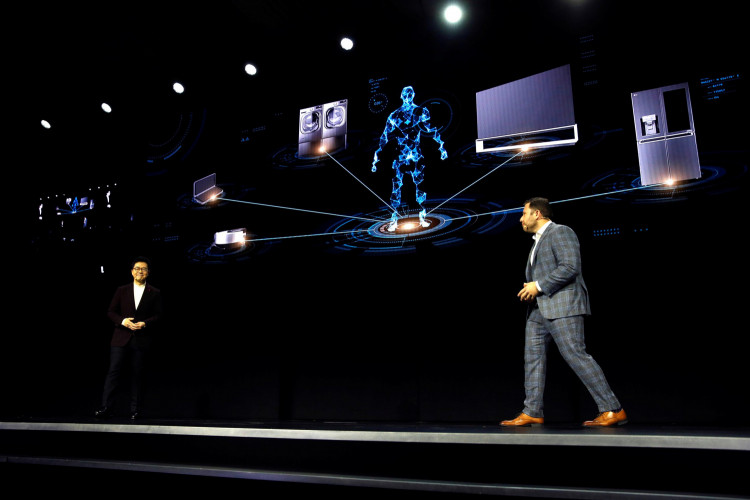The United States is engaged in a long-running competition in cutting-edge technology such as machine language and artificial intelligence - mainly against the Chinese.
In their speech during the World Economic Forum in Switzerland about the latest global technological advancement, Massachusetts Institute of Technology's Erik Brynjolfsson and Andrew McAfee underscored how closely tied the AI race is with government investment and immigration policies - and in particular, the excessive bureaucracy that keeps intelligent individuals from entering the US.
Machine learning and Artificial Intelligence are critical areas of technology seen to transform growth and creativity, experts said, and tech giants like Google and Amazon, not to mention the common commercial establishments in manufacturing, are embracing these technologies more than ever.
In the next half decade or so, Artificial Intelligence will push a "significant amount" of innovation and create a new magnitude of human creativity, analysts at Accenture, said.
The US, Brynjolfsson noted, still leads the application and development of these modern technologies - and making decent revenues out of them, as well. However, other economies are investing more money, with governmental support compared to the US, which could cause issues.
According to McAfee, the strategy is to "not lose the influence that we have." He emphasized that the US must get more people involved in the development of AI, especially "if the (US) President is onboard."
Case in point: a good number of presidential hopefuls from the Democratic bloc have, in fact, underscored AI as a critical area that US intellectuals and companies must put more investments in.
But, the US could lose its clout as the main authority in Artificial Intelligence. During a recent Democratic debate, South Bend, Indiana Mayor Pete Buttigieg said that China is now investing heavily so they could be able "to run circles around us in AI."
China was a hot topic at the end of the first primary presidential debate last June. Several candidates referred to the country as "the biggest outside threat" America is facing today.
That concern was echoed in the second night of debates, and it's an unquestionable judgment made in part because of a host of economic and political issues, and also because of China's ambition to emerge as a global leader in AI within the next 10 years.
Tech investor Andrew Yang, for his part, stressed that one of the first things he will do, as president, would be to work with China on game-changing matters like AI.






